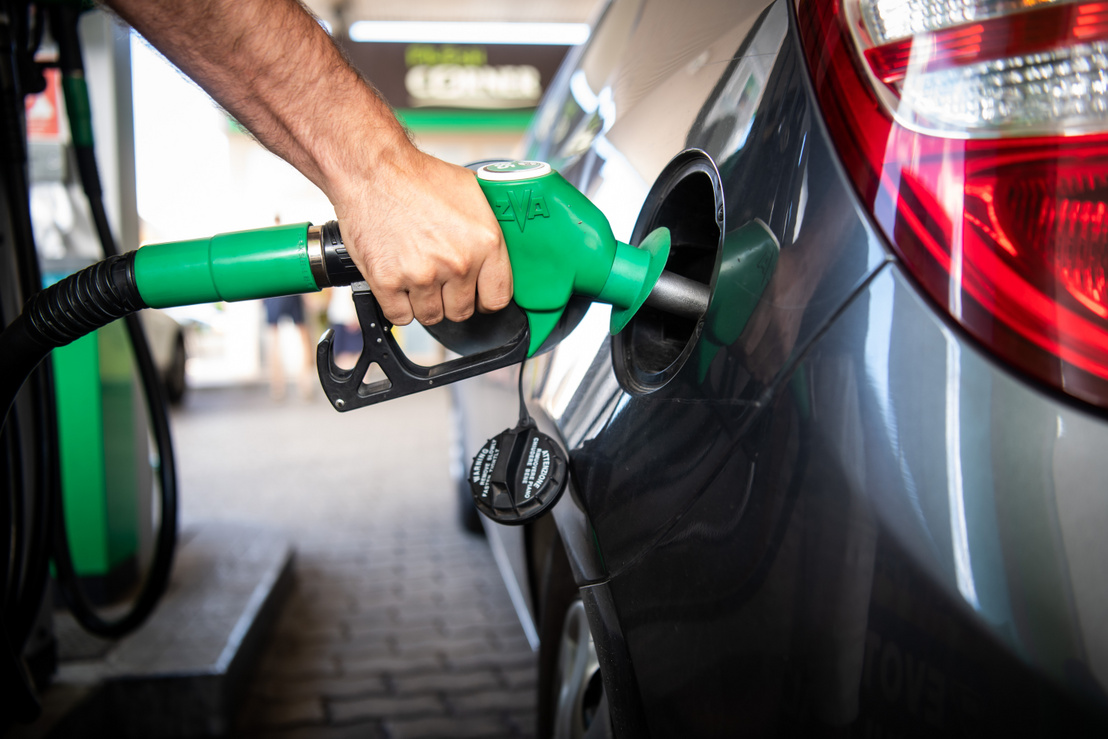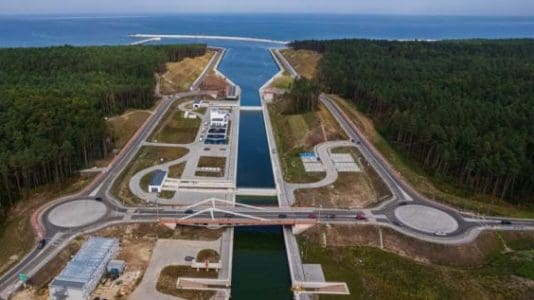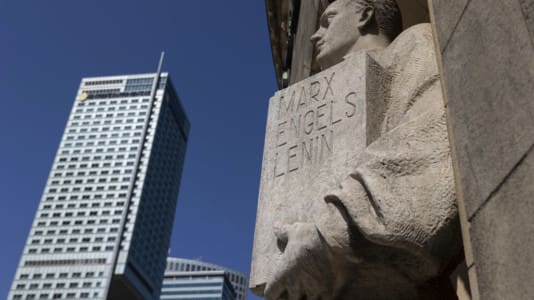The Hungarian fuel price cap achieved its goal, but now it is necessary to abolish it completely, the secretary general of the Hungarian Mineral Oil Association has said.
During an interview, Ottó Grád said that “in the last 10 months, the measure has achieved its goal, so there is no other alternative, it must be completely phased out.”
According to the general secretary, the losses can no longer be financed and there are supply problems in the domestic and regional markets, so excessive consumption should be reduced as soon as possible. He added that he thought removing the price cap would definitely reduce demand.
The same opinion was expressed by Gábor Egri, the president of the Association of Independent Gas Stations (FBSZ).
“The small gas stations are perhaps even more fed up with the official price than the large ones, and proportionally they have suffered the most damage. We don’t even want to think about extending the price cap by months. We trust that it will be phased out,” he said.
Government spokesman Gergely Gulyás said on Sept. 8 that the cabinet will likely decide this weekend about the future of the fuel price cap, which expires on Oct. 1. Hungary has had a HUF 480 (€1.17) per liter price cap for automotive fuels since last November, which currently only applies to private consumers.
The Makronóm think tank predicts that the HUF 480 price cap will probably not remain in effect. However, it will not be lifted completely but only partially; for example, the limit will be set at HUF 550 instead of HUF 480.
In the meantime, Dávid Németh, the leading analyst at K&H Bank, said that removing the price cap would mean a 33 percent increase in the price of gasoline and a 56 percent increase in the price of diesel; he also said market prices would increase inflation in Hungary by 2.5 percent.
“The circumstances that justified the introduction of the official price (cap) still exist now, and have even gotten worse,” the analyst added.






